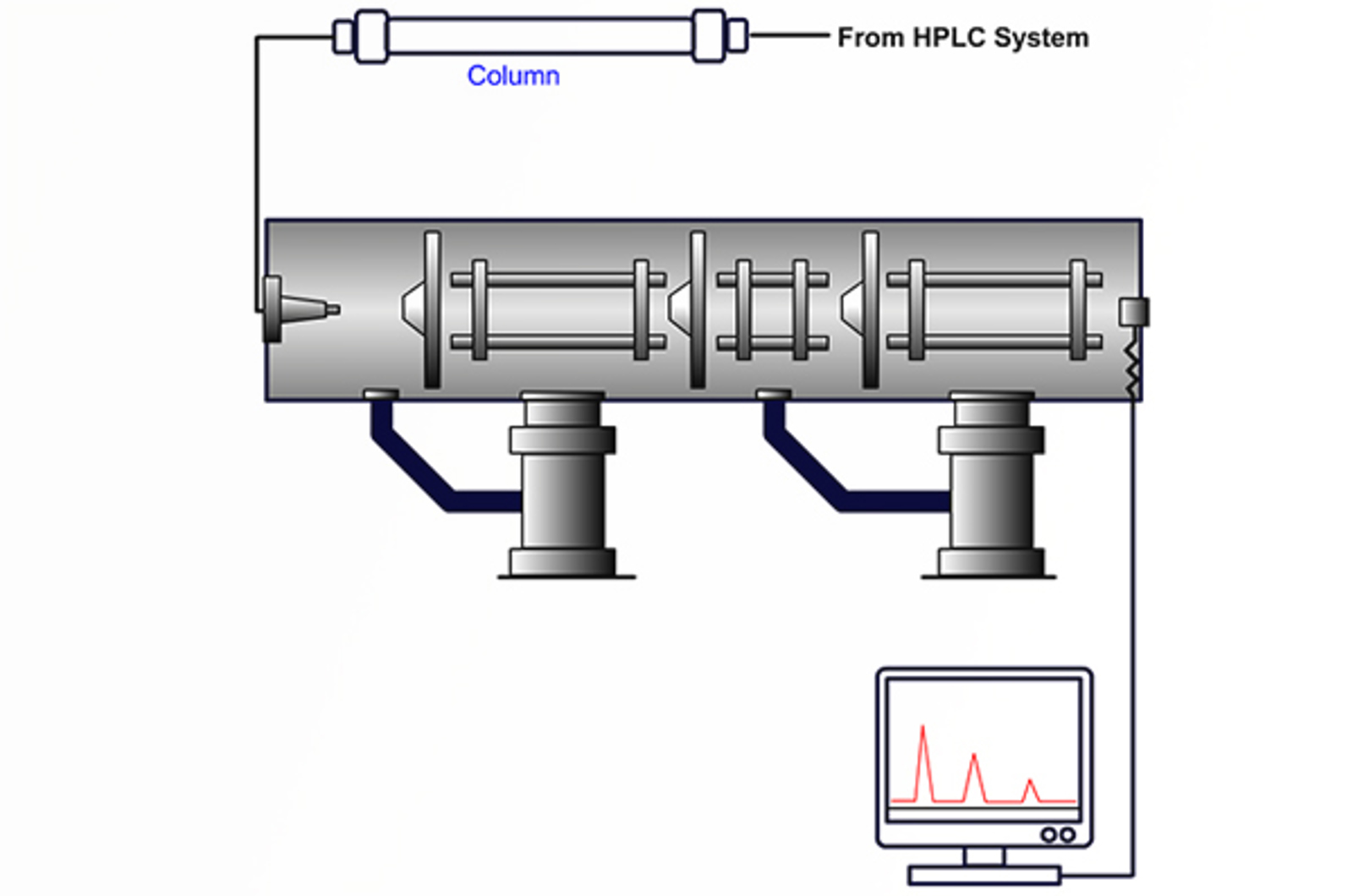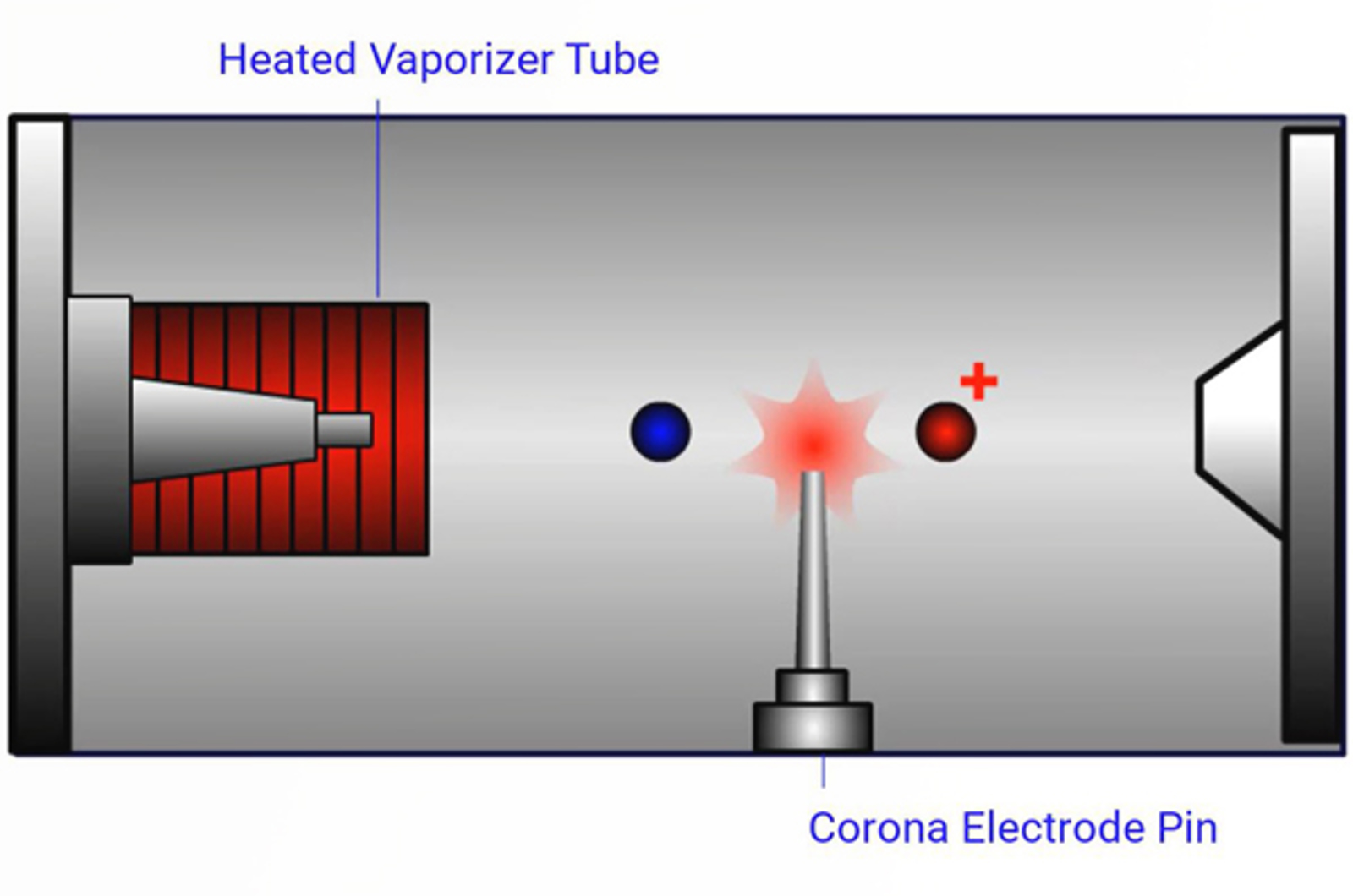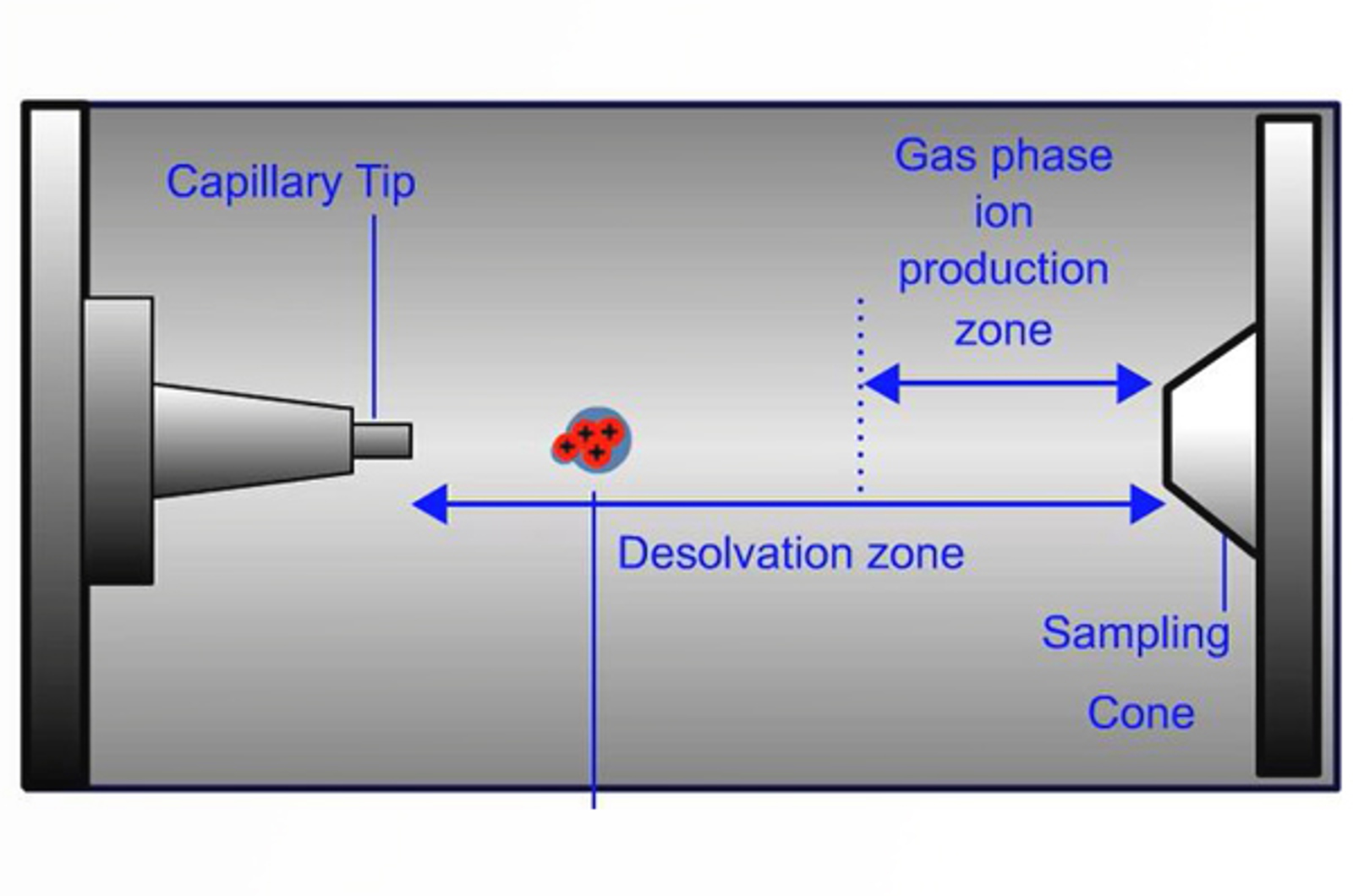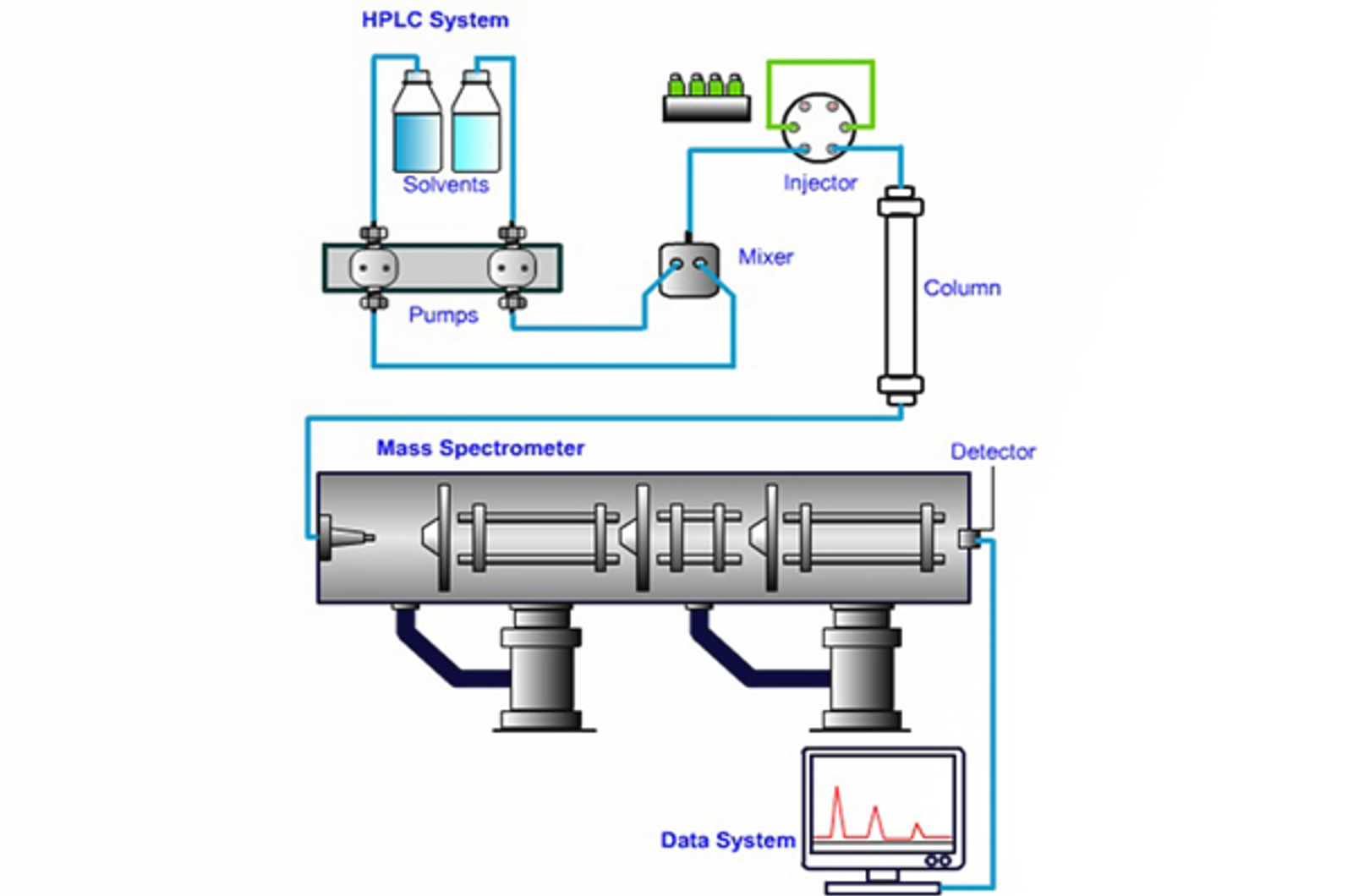Principles
Explore the principles of LC-MS (Liquid Chromatography-Mass Spectrometry) with expert-designed training for accurate compound identification and quantification. Get a solid LC-MS introduction, covering system components, workflows, and key applications in pharmaceuticals, environmental analysis, food safety, and forensics. Understand electrospray ionization (ESI) theory, the most widely used soft ionization technique for polar compounds. Learn atmospheric pressure photoionization (APPI) theory, ideal for nonpolar and aromatic compounds, and atmospheric pressure chemical ionization (APCI) theory, best suited for moderately polar molecules. These courses include video tutorials, real-world knowledge, and troubleshooting tips to help you optimize your LC-MS analyses. Start learning today to improve your expertise and achieve high-quality results in mass spectrometry!

LC-MS Introduction
LC-MS is a hyphenated technique, which combines the separating power of high performance liquid chromatography (HPLC), with the detection power of mass spectrometry (MS). LC-MS covers a broad range of application areas. This module explores the instrument acquisition methods used and examines the type of data that can be produced from such systems.

Atmospheric Pressure Photoionization (APPI) Theory
This module will discuss the theories of the ion production process in Atmospheric pressure photoionization (APPI). APPI is a complement to ESI and APCI and has been developed to broaden the range of ionizable analytes at atmospheric pressure.

Atmospheric Pressure Chemical Ionization (APCI) Theory
This module introduces atmospheric pressure chemical ionization (APCI) concepts, explains the function of each component of the APCI interface, and investigates ways in which to optimize and troubleshoot the technique.

Electrospray Ionization (ESI) Theory
Electrospray is the dispersion of a liquid into electrically charged droplets, combining the two processes of droplet formation and droplet charging. The process of droplet charging is affected by eluent flow rate, liquid surface tension, and electrolyte concentration. This module explains the function of the major components of an electrospray interface and discusses ways to optimize signal using electrospray ionization.

Fundamentals of LC-MS Video Training Course
This course has been designed for anyone who is either new to LC-MS, or who wishes to expand their current knowledge and understanding about the technique as a whole. All aspects of the technology and system are covered - from an overview of a typical HPLC system and important considerations when combining this separation technique with detection by mass spectrometry, all the way through the various atmospheric ionization processes and the different mass analyzers that are available.
Accredited by 
